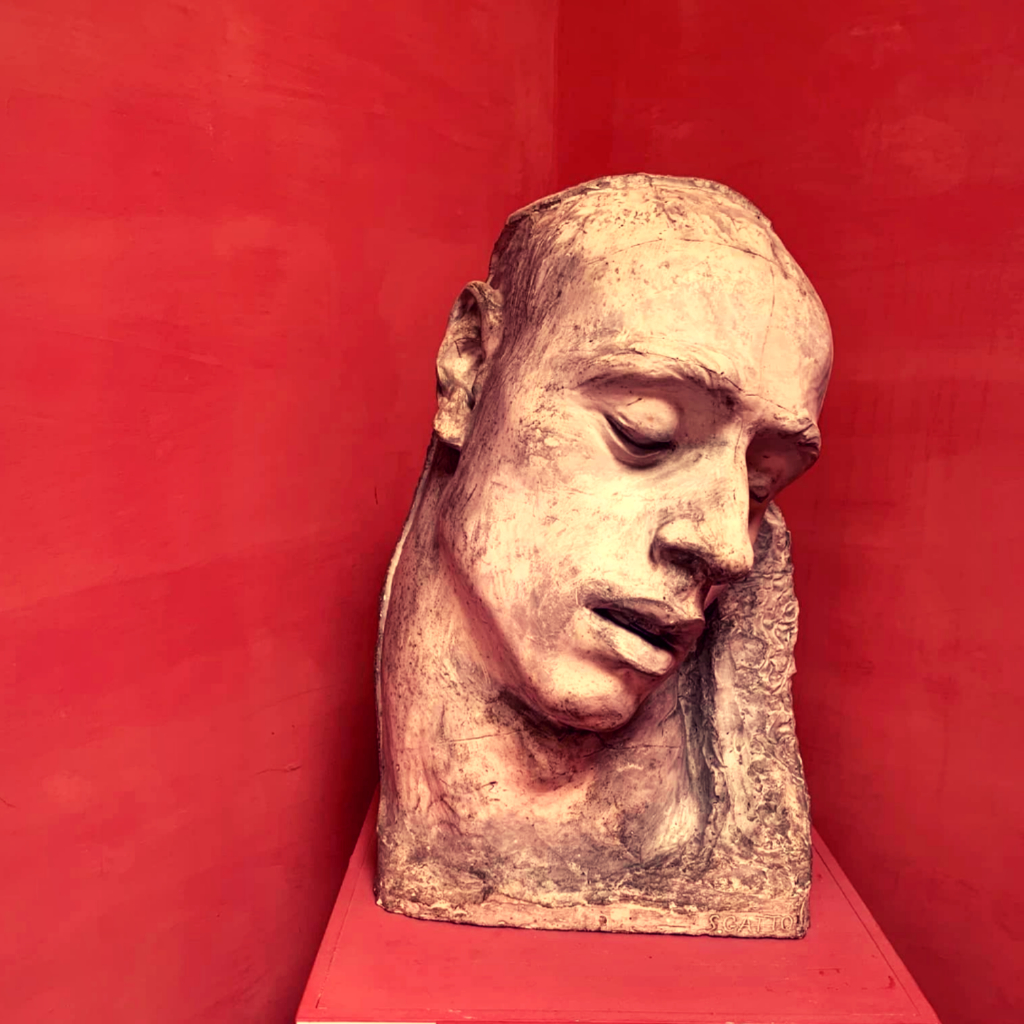Let’s talk a bit about one of the most important British composers – his place in the culture, major works and music environment.
- Britten interrupted the «era of silence» in English music
In 1904, German critic Oscar Schmitz called Great Britain «Country without Music»: after the death of Henry Purcell in 1695 and Handel in 1759, Britain did not actually contribute anything new to the development of classical music and later Romance music. Benjamin Britten (1913-1976) was able to conquer not only England, but also the rest of the world with a large and varied heritage.
As a national composer, he used a variety of English motifs in music, from the intonation of English speech to hidden quotes from English songs. He also recreated typical English characters in operas.
In the 20th century, for the whole music world, the combination of «music of England» and «music of Britten» became synonymous.
- Britten wrote music in almost all existing genres
He began with music for radio plays, television, cinema and theatre. Britten was fond of choral music and wrote many vocal compositions: oratorios, cantatas, anthems, individual choirs and songs. A huge niche in his work is occupied by vocal cycles – a special genre consisting of songs with a cross-cutting theme. Britten used it and thus «promoted» English poets: Percy Bysshe Shelley, Alfred Tennyson, Samuel Taylor Coleridge, William Blake, Thomas Middleton and others.
«Adult» Britten has a lot of orchestra pieces: Symphony Suites, piano, violin concerts and a Symphony for cello with orchestra (written especially for Mstislav Rostropovich) – and a variety of compositions for various instruments: piano, cello, violin, oboe, guitars, several string quartets.

Thus, Britten managed to «fill-in-the-gaps» of the same ages in England: in his own English corpus of works there were no classical symphony, vocal cycles, instrumental concerts. And thanks to Britten, it all came to pass, even in the 20th century.
Apart from various genres Britten has tried all innovative from the first half of the 20th century: he has neoclassical compositions, there is impressionistic music (for example, «Insights» on the words of Arthur Rimbaud), there are expressionist images and sounds, a little symbolic (for example, «Turn of the screw»), was also the avant-garde of that time – production in the dodecaphonic technique proposed by Arnold Schoenberg, composer of the first wave of the avant-garde.
Britten owes a lot of music to his partner
Prominent musician and singer, artist, editor and librettist Peter Pears had a very beautiful tone of voice. Therefore, Britten’s work itself «leaned» towards vocal music. Britten wrote for Pears many vocal cycles and almost all tenor parts of his operas – passionate «Sonnets Michelangelo», philosophical-dramatic «Holy Sonnets John Donna», Serenado and Nocturne, «Winter Words», «Six Fragments of Gölderin», canticli (type of religious anthem).
Britten was a very temperamental and passionate man, and Pierce had a more calm and rational personality. Having met in 1937, they never parted. It’s hard to guess who Pears would be without Britten, and there’s no telling what works Britten would write without Pears.
Benjamin Britten writes to his partner, the tenor Peter Pears: “My darling heart – I do love you so terribly… you are the greatest artist that ever was.”

- Britten wrote one of the children’s favorite pieces
Britten wrote «The Guide» on the order of the Ministry of Education in the frames of work on music to the documentary-mental film “The Young Person’s Guide to the Orchestra” (1946). He took the theme from the suite of Henry Purcell and based on it created a cycle of variations. The actors of the «Guide» are tools. They «tell», as the orchestral work is grounded, how the possibilities of different instruments are used and genres of music change.
In general, Britten has created a lot of music for children, for example the song cycle “Friday Afternoons”, opera “Let’s Make an Opera!” and others, but “Guide” has become one of the most performed in the world.

Erich Auerbach / Hulton Archive / Getty Images
- Britten was an outstanding pianist
Together with Svyatoslav Richter, they played at concerts virtuoso compositions for two pianos – sonatas and fantasies of Mozart, Shubert, Schumann. Besides, Britten played concerts together with his friend «Slava» Rostropovich, with violinist Yehudi Menuhin and with many other musicians. But mostly, of course, he was concerting with Pears.

Gerti Deutsch / Picture Post / Getty Images
The main success of the British composer is considered the War Requiem. Vocals include solo singers (soprano, tenor and bass), men’s choir, women’s choir, and boy’s choir, and two orchestras – chamber and symphony.
The play lasts about an hour and a half. Britten created not a strict church service on canonical Latin text, but a multi-layered civil liturgy. The verses of the requiem mass are interrupted and «comment» parts created on the texts of the English poet Wilfred Owen. Thus within Mass there is a song cycle.
The work was commissioned to coincide with the inauguration of the Coventry Memorial (1961): a new cathedral was erected near the legal-serviced ruins of the ancient temple, destroyed by bombing. Britten’s requiem is dedicated to the events of World War II, while Owen’s lyrics are inspired by the horrors of the First World War. The poet was killed in battle exactly a week before it ended.
Britten is based on prominent figures of European music, and provides a good example of his own method of composition, a harmonic language. The cultural ties of the Military requiem with the Ninth Symphony of Beethoven, Bach’s «Passions», Mozart’s Requiem and a German Requiem of Brahms, «Songs on the Death of Children» of Mahler are obvious.

Erich Auerbach / Hulton Archive / Getty Images


